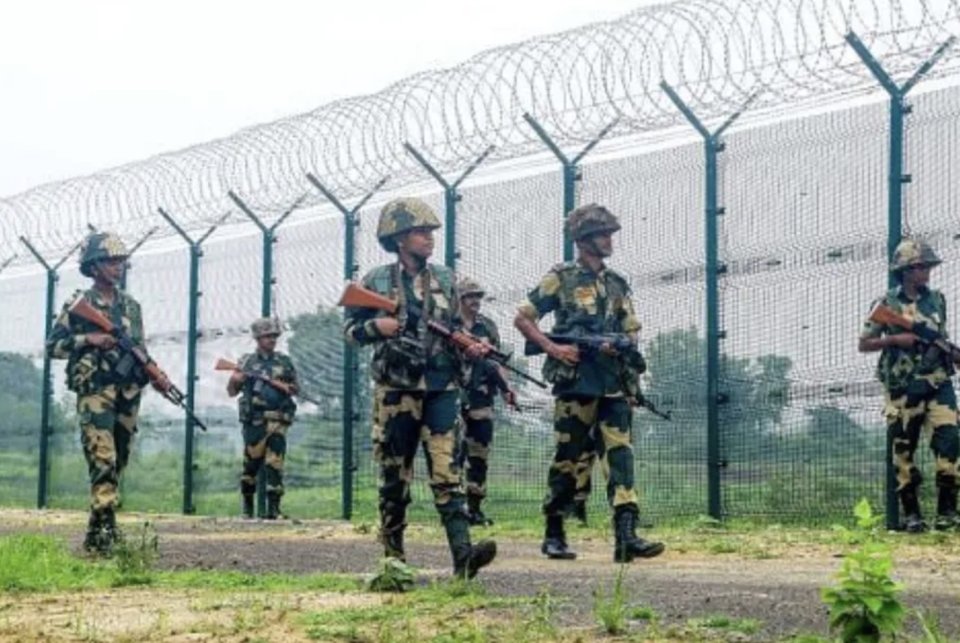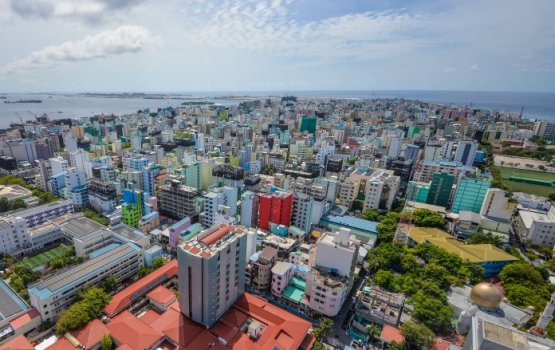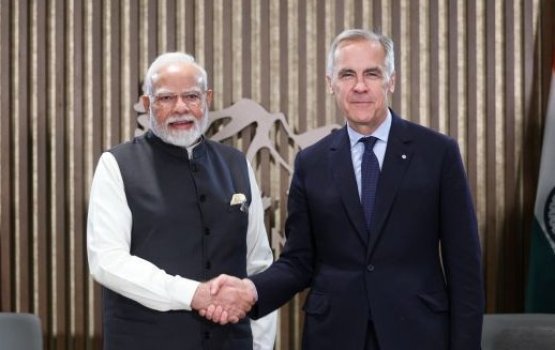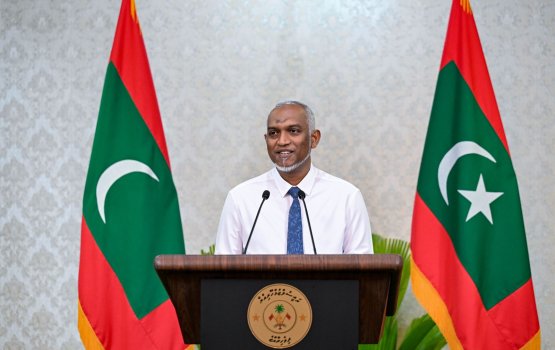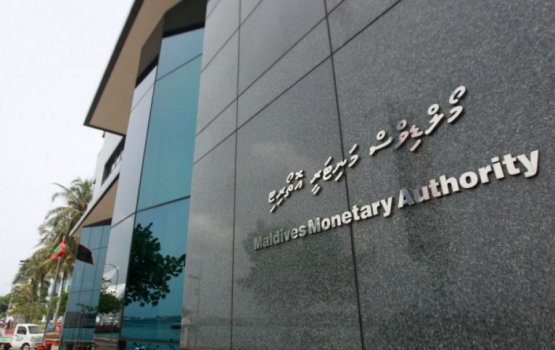India summoned the top Bangladeshi diplomat earlier on Monday (Jan 13) as border row escalated between the South Asian neighbours. Tensions have been reported at the India-Bangladesh border over fencing issues.
"It was conveyed that with regard to security measures at the border, including on fencing, India observed all protocols and agreements between the two governments and between the Border Security Force and Border Guard Bangladesh," MEA said in a statement.
"India reiterated its commitment to ensuring a crime-free border by effectively addressing the challenges of cross-border criminal activities, smuggling, movement of criminals and trafficking. Barbed wire fencing, border lighting, installation of technical devices and cattle fences are measures for securing the border," it added.
It is reported that Border Guard Bangladesh (BGB) has been resisting the Indian side's continuing fencing of the border.
India's BSF and Bangladesh's BGD have held flag meetings on the issue. Despite these interruptions, the BSF continues to press for completing the fencing.
The India-Bangladesh border stretches approximately 4,096.7 kilometres, according to estimates, out of which around 3,180 km have been fenced so far.
The development comes a day after Indian High Commissioner Pranay Verma and Bangladesh Foreign Secretary Md Jashim Uddin met and discussed the border situation.
A Bangladesh foreign ministry release had cited FS Uddin as saying that "construction of barbed wire fences without proper authorisation undermines the spirit of cooperation and friendly relations between the two neighbouring countries."
"He hoped that the upcoming BGB-BSF DG Level Talks would be able to discuss the matter at length," it added.
The development comes at a time when India-Bangladesh ties remain tense over several issues, including the situation of the minorities.
After the fall of the stable Sheikh Hasina government, a number of attacks have been reported on the minorities, especially Hindus, in the country.
The interim government led by Mohammad Yunus has largely refused to acknowledge the seriousness of the issue and termed the attacks on minorities as 'media exaggerations'.
According to the findings shared over the weekend by chief adviser’s press wing, 98.4 per cent of the 1,415 reported incidents of attacks and vandalism against minorities between August 4 and August 20 are labelled as "politically motivated". (WION)

